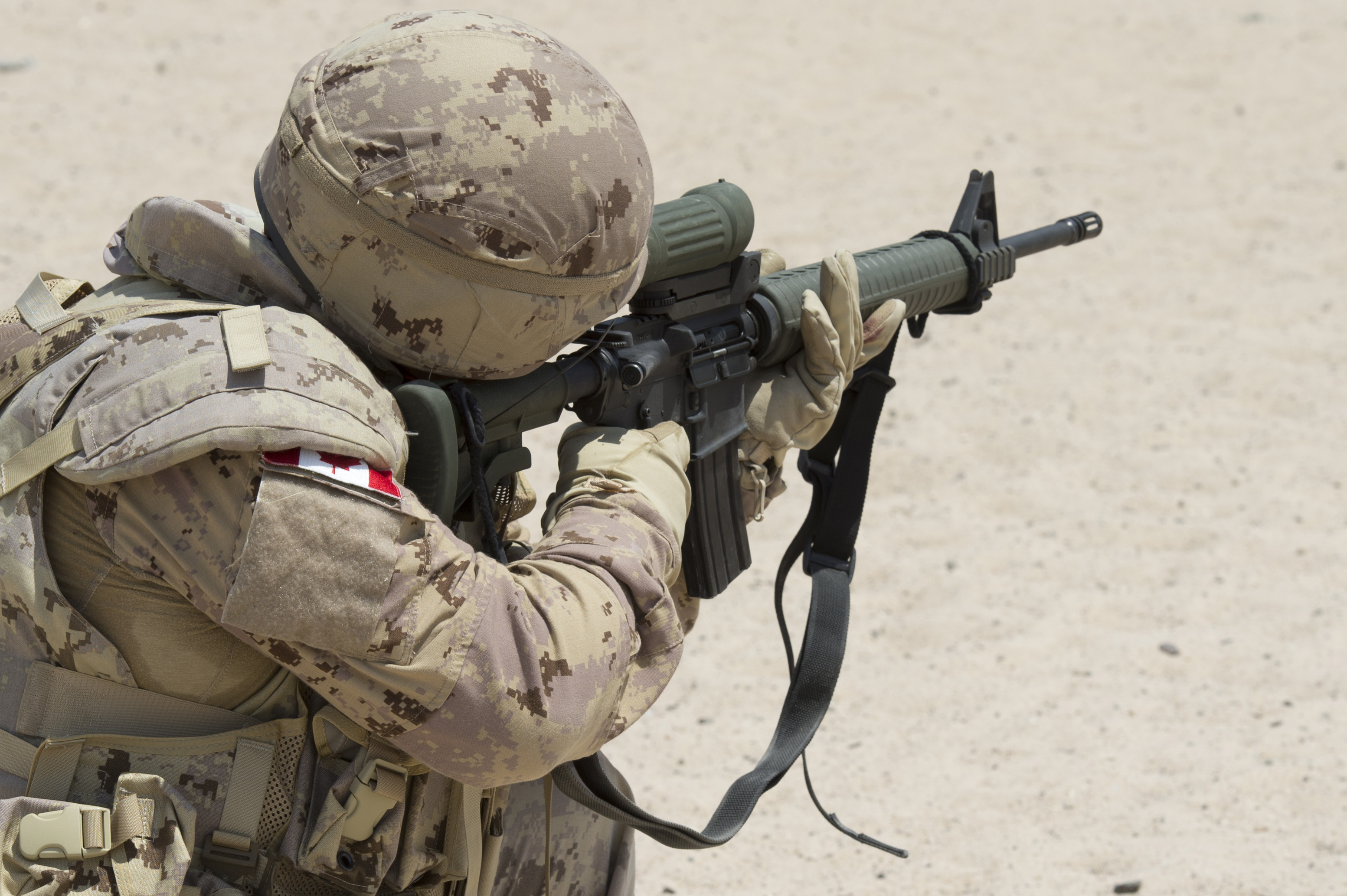
Joining in the fight against ISIS or others doesn’t mean Canada will be targeted by terror groups any more than dialing down support for the allied effort guarantees the country will be left alone, General Jonathan Vance told February’s annual meeting of the Conference of Defence Associations Institute.
There is no proven link between “what you do overseas and the peril you face at home,” Vance told a questioner who had praised Canada’s withdrawal from offensive operations in Iraq and Syria as a step to greater domestic security.
Participants in the anti-terror fight, the general said, are using military force in attempts to prevent global catastrophe.
“The stated desire of the Islamic State and many other international terror organizations is not retribution for Western operations,” said Vance. “They don’t like us to begin with. Even if we didn’t deploy, they would still come home to roost in some form.”

In 2014, home-grown jihadist sympathizers with mental-health issues were responsible for two domestic attacks that cost two lives, while another was thwarted last year. In January, a right-wing extremist killed six and wounded eight Muslim worshippers in a Quebec City mosque—a terrorist act, Trudeau said.
“No nation is an island,” said Vance. “If it’s not actually happening on Canadian soil, the fact that our European allies are harmed, the fact that trade and commerce…can be harmed as a result of their actions, that affects us too. [Six] Canadians were killed in Burkina Faso.”
At least a dozen Canadians died at the hands of terrorists overseas last year, in Jordan, Turkey, Somali, Indonesia, Burkina Faso, the Philippines and elsewhere.
In keeping with the government’s stated aims, more of the military’s focus is shifting to NATO and peace-support missions, although Vance says anti-terror efforts will continue for years to come.
Advertisement













